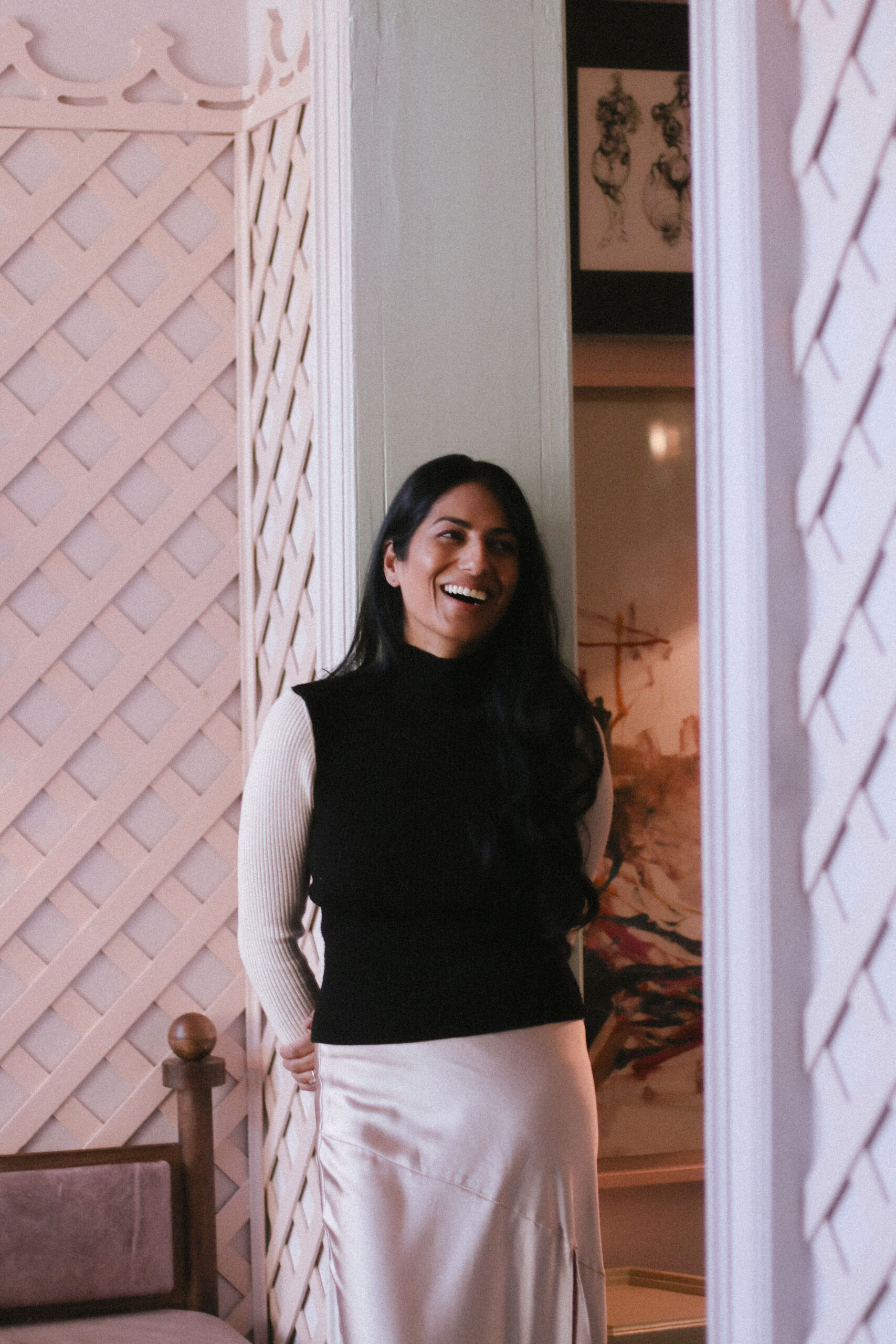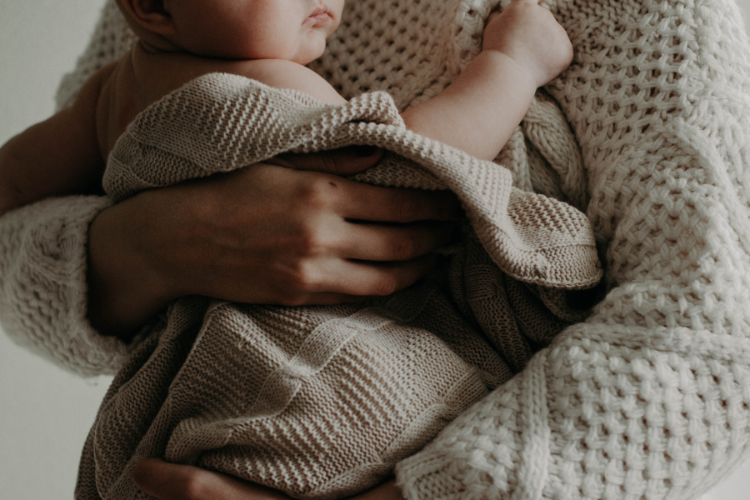After the murders of Ahmaud Arbery, George Floyd, and Breonna Taylor we saw our country light up on fire with people demanding change. Although racism is clearly not new, the quick succession of these senseless and violent murders garnered the attention of the masses and protests ensued worldwide. We were awakened to the reality that we had accepted racism as the norm in our country, and we didn’t even know it. Well, some of us didn’t know it. And some of us experience deep racism every single day.
As a cisgender Asian American woman, I recognize that I’ve had the benefit of living with certain privileges. By no means does this mean that I’ve lived without struggles or that I haven’t faced discrimination. But it does mean that I haven’t faced nearly the same degree of discrimination as those faced by our Black and Indigenous brothers and sisters. After reflecting on the presence of racism in my life (this is an ongoing learning) I realized that I had become comfortable with racism to some degree. Although I stood up against the obvious and overtly racist acts, what had gone undetected was just how pervasive systemic racism is and how in its latency, it impacts almost every facet of life for people of color.
“What had gone undetected was just how pervasive systemic racism is and how in its latency, it impacts almost every facet of life for people of color.”
These realizations came to a head for me in June, when I hosted a webinar discussion called “Know Your Place: What Role Do Asian American Women Have in Activism?” The panel included 4 Asian women who are fighting daily for social justice. Women hold an incredible amount of power, whether it’s in our abilities, our intelligence, our strategic minds, our influence, our creativity, our empathy, our diligence – women are powerful. But we live saddled by oppressive stereotypes and cultural expectations that were designed to keep us quiet, and oftentimes, complicit in the face of social injustice. I decided to organize the webinar because during my conversations with my Asian American female friends I saw that there were two common themes: (1) confusion and mixed emotions. Asian Americans have been weaponized by White supremacy to show that racism doesn’t exist in America, often using the success of Asian Americans against the struggles of Black Americans as proof. This comparison created an anti-blackness sentiment that has become part of the American culture and arguably, part of the Asian American immigrant experience. Obviously, this is riddled with falsities. The monolithic narrative of the “Model Minority” is harmful to Asian Americans, and you can read more about it here: NPR article; and (2) a desire to act but feeling like they didn’t know what to do or if their contributions would even matter. And so I, with the help of another friend, organized this panel discussion as a way to encourage a unified effort to create an anti-racist future, because sometimes you can’t be what you can’t see. I wanted to show that advocacy at any level is meaningful and impactful, that these conversations are worth having, and for others to see the faces of women stepping into leadership and advocacy work. We had over 360 people register for the event and maxed out of our original 100 seats within a few hours of posting the panel. This showed that there was a clear hunger for these conversations.
As I said, women are powerful. Layla F. Saad, the author of “Me and White Supremacy” once said something to the effect of “A feminist movement that does not include anti-racism does not include me.” These words struck me deeply and I hope they strike others just as hard. We, men and women alike, must include anti-racism efforts as an integral part of our fight for gender diversity, representation and equality. We politely talk about diversity in the workplace, but we don’t talk about racism in the workplace. We talk about shattering the glass ceiling, but we don’t talk about the additional ceiling of racism that is imposed on women of color. Anti-racism work needs to be a part of the conversation.
Women, you carry within you a mighty force to be reckoned with. Your tools may not look like everyone else’s. For some, it’s a loud voice. For others it’s a quiet consistency. All are needed, all are essential. We have the ability to cause meaningful change in our generation for the next, and we do not need to wait for permission or to be invited to take a seat at the table. These things don’t need to come first. What comes first is the willingness to accept that your power is real and that it is needed. I think of that scene in the Netflix special “Knock Down the House” where Alexandria Ocasio-Cortez waves her arms and breathes deeply and says, “I need to take up space” as she prepares herself for a big debate during her campaign for U.S. Representative for the 14th Congressional District in New York. Imagine if she, who tirelessly advocates for the public, didn’t believe that her voice mattered. How different would our world look? I know that with community and in solidarity women can radically shift paradigms and create an anti-racist future together, and I want to continue supporting women, especially women of color, for all of it.

Sharon believes that empowered people empower people and, as exemplified by the work of Mahatma Gandhi, that we need to be the change we want to see in the world. Sharon is a privacy and technology attorney at an AdTech company in Los Angeles and a longtime advocate for social justice. She has helped launch the Gender Diversity Awareness Committee at her prior place of work, championing the educational component of that committee, and has led leadership workshops and spoken at various forums about the power of women leaders. Sharon also recently organized and hosted the webinar panel discussion “Know Your Place: What Role Do Asian American Women Have in Activism?” Although a former New Yorker (where her heart is), she currently resides in Los Angeles, CA with her husband and daughter. You can find her on Instagram @love__sunday.



